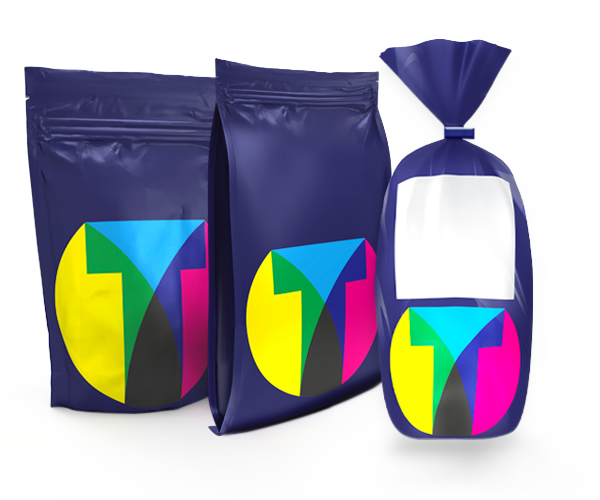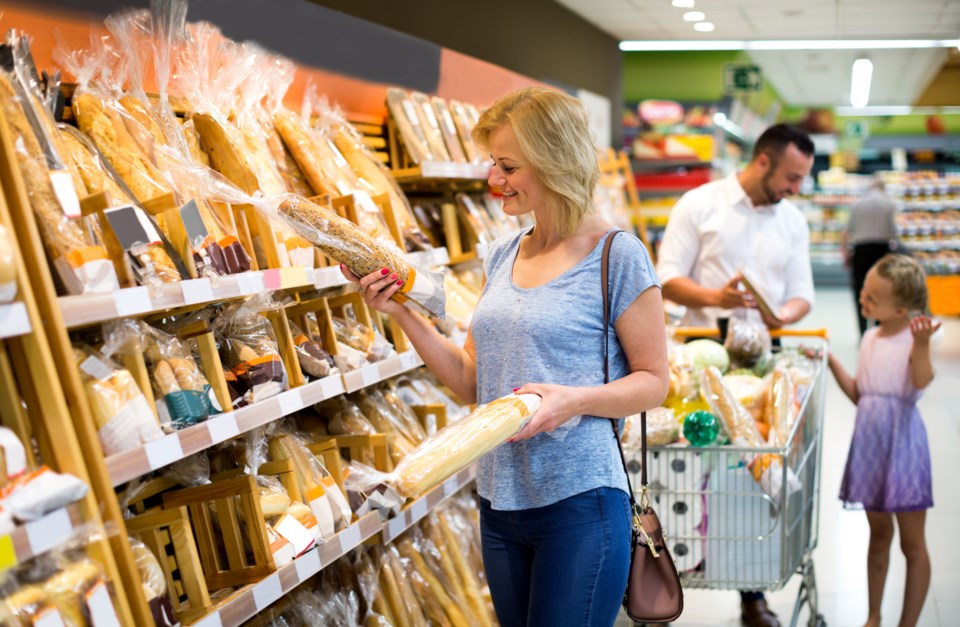Before we can create positive economic health, financial health, physical health, or mental health for humanity, we must strive to create positive environmental health.
The simple fact is that all species including humans need healthy environments in which to live, grow, and thrive. With a focus on the future, the push is now well underway to create a world that’s more sustainable and more environmentally friendly than ever before.
Improving our environmental health requires a unified commitment from individuals, governments, businesses, and manufacturers. That is especially true for companies like Tempo Flexible Packaging, an award-winning, fast-growing Innisfil company specializing in custom printed and sustainably minded flexible packaging.
As a trailblazer in its industry, Tempo has helped lead the way towards a brighter future for the plastics industry. Shifting away from the standard linear economy in which only one time use of packaging is considered, Tempo has dedicated the better part of a decade to transitioning towards a circular economy for plastics. The focus of this effort isn’t about reducing or eliminating plastics, but rather designing packages so they are more acceptable for a system geared around recycling, waste reduction, and the elimination of harmful plastics.

“We are really focused on the recyclable aspect of what we do because we are in the plastics industry,” said Cher Dignan, Environmental, Social, and Governance (ESG) Specialist with Tempo Flexible Packaging. “There are so many benefits to using plastics. It’s everywhere. It’s in clothing. It’s in cars. It’s in office equipment. And it’s in the food packaging we create at Tempo to help keep our food safe. The plastics industry is touted as one that uses non-renewable resources and that presents a challenging consumer perception to overcome.”
To its credit, Tempo Flexible Packaging has made significant investments in both human resources and manufacturing technology that continues to redefine the flexible packaging industry. For example, the company recently established Dignan’s role as an ESG specialist, setting her to task in assessing the company’s sustainability practices and focusing on long-term initiatives related to corporate responsibility, environmental certifications, compliance, and sustainability initiatives.
“One of my main roles here is to look at lifecycle assessments of products we produce, primarily to see what kind of impact they have over their lifecycle,” she said. “That means from the moment the materials are extracted from the ground to producing packaging and determining what happens to it after it’s used. Where does it go, into landfills or recycling or compost?”
To aid Dignan in her role, Tempo Flexible Packaging has invested in Life Cycle Analysis (LCA) technology to help evaluate the environmental, economic, and social attributes of all the systems used by Tempo to produce its products. In addition, the company has implemented Operation Clean Sweep into its ever-expanding 110,000 square foot, vertically integrated manufacturing facility. Operation Clean Sweep is an international program that strives to prevent plastic pellets, flake, and powder used in the manufacturing process from ending up in the environment.
“We have opted into the program because it’s tailored to the plastics industry,” said Dignan. “Plastic pouches and roll stock are typically produced with plastic pellets. Our program tries to keep all pellets on site in the building, not letting them get out into the ecosystem around the facility. It’s all about making sure there are preventative measures in place.”
As a plastics manufacturer, Tempo Flexible Packaging has a vested interest in adapting to new processes and technologies to ensure they are manufacturing products in the most environmentally friendly way possible. Dignan says consumers also have a role to play in determining the best practices for the packaging industry; for example, checking labels to ensure packaging is recyclable and continuing to recycle plastics to ensure there is a steady flow of materials into the recycling industry.
“It’s confusing right now for shoppers. Governments are working with the plastics industry to develop a clearer understanding of what type of packaging we are buying and where it goes. If we can buy packaging that is made from one material, that is so much easier to recycle. When buying fruits and vegetables there’s often plastic packaging to help preserve it and keep it on shelves longer. When shopping, look for packaging that is recyclable. If we can buy the same items at a local market or grocery store without the plastic packaging, that’s a win too.”
Regardless of consumer perception, plastics will always have a place in the world of packaging. With this, Tempo will continue to push the envelope for flexible packaging to ensure that it is always designed with the environment in mind.
For more information on Tempo Flexible Packaging, visit them online here.
